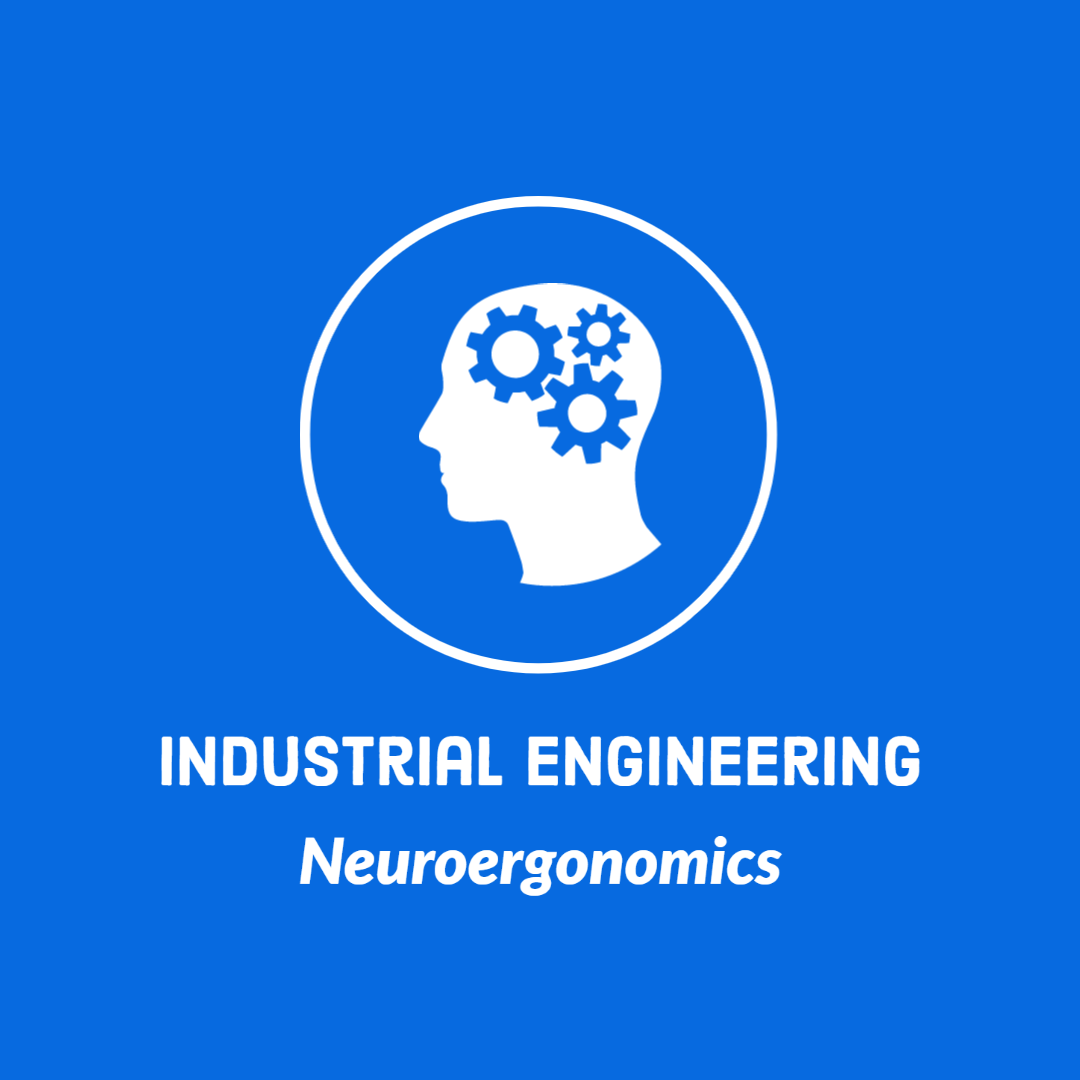I2.01 Planning Texas Electric Vehicle Service Infrastructure through 2040

Sponsor: EPRI & Ingram School of Engineering
Student Team: Andrea Barreto, Jose Castillo, Jonathan Guillen, Justin Williams
Faculty Advisor: Dr. Michelle Londa, Dr. Tongdan Jin, Dr. Tao Ma
As the private and commercial availability of EV's grows over the next couple of decades, so does the energy required to provide dependable charging for the Electric Vehicle fleet. In order to have a zero-carbon emission future, infrastructure for the charging stations will have to use energy from renewable sources such as a wind and solar
I2.02 TEL Forecasting Tool

Sponsor: Tokyo Electron Limited
Student Team: Oleksandr Liebiediev, Sebastian Sanchez, Keenin Potter, Dylan Moya
Faculty Advisor: Dr. Michelle Londa
Tokyo Electron Limited (TEL) needs an agile forecasting tool that will provide predictions on customers' spares demand over 6 months time period. Creating a dynamic system to forecast spare parts' demand would significantly reduce the burden of manual processing and allow for increased time towards valuable decision-making. This responsive system would greatly help the company keep and win more business by effectively planning for spares production through predicting customer demand in a timely manner.
I2.03 Neuroergonomics

Sponsor: Ingram School of Engineering
Student Team: Cole Williamson, Javier Espinosa, Garrett Grose, Jasmine Gillis
Faculty Advisor: Dr. Michelle Londa
This project seeks to investigate how EEG data can be utilized to detect, and predict, cognitive fatigue in manual material handling workers. As the workforce progress throughout their workday, the employees become physically and mentally fatigued which can affect their work performance. Using an electroencephalography (EEG) device, brain data can be recorded as a subject simulates a work task. Understanding when an employee becomes mentally fatigued and how this can affect their physical performance is crucial in improving productivity in repetitive tasks on a factory floor.